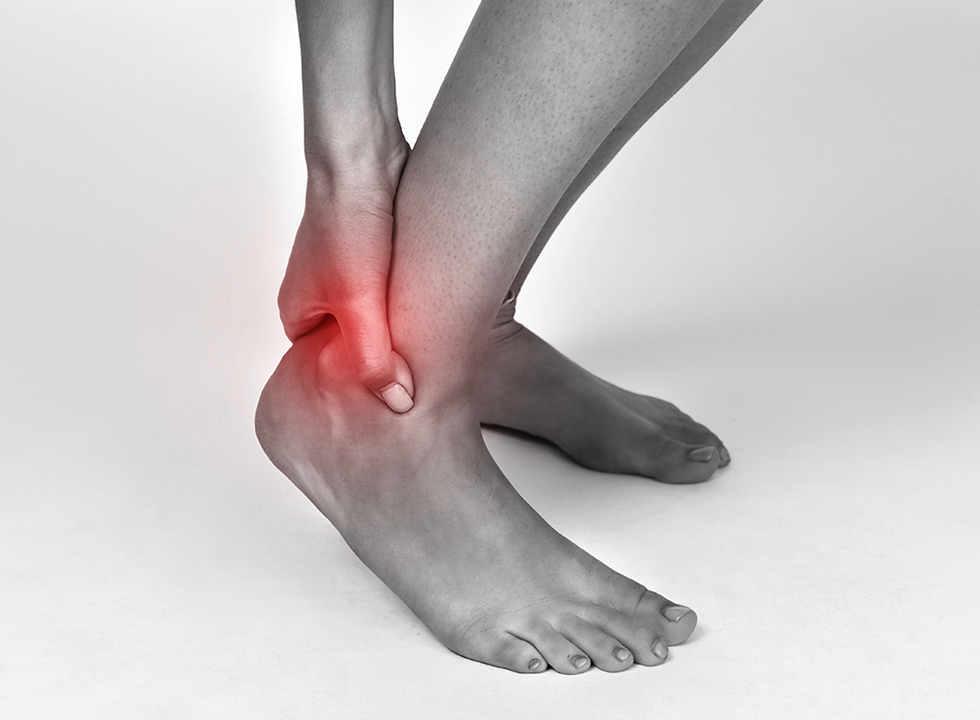Exercise For Your Mental Health Not For Weight Loss Goals
- Peter George

- Mar 7, 2022
- 2 min read

For many people, exercise has become a form of torture. The common misconception is that exercise is all about weight loss and changing your physical appearance. This often creates a negative relationship between you and your motivation to exercise.
Did you know that around 3/5 of Australians are currently in the process of losing weight. For many this is their main driving factor to exercise. While weight loss isn't a bad thing, its not the best motivator for exercise. The reason is that setting goals for weight loss can put an unrealistic and potentially unhealthy motive on exercise. Therefore, people sometimes feel like exercise becomes a chore. The common feeling is that you need to burn off what you just ate or workout so you can have some dessert. This leads to burning out, unsustainability and often creates an unhealthy relationship with exercise.
What Should Motivate you?
Think about your overall health instead. Exercise allows the release of endorphins which are your happy hormones which reduces stress and anxiety as well as preventing depression. Exercise has been shown to decrease inflammation and studies show that inflammatory conditions contribute to mood disorders and poor mental health.
Exercise also improves your sleep quality as it allows the amount of slow wave sleep (deep sleep) where the brain and body revitalizes. For those living with mental health conditions, exercise can be an important part of managing your condition, exercise combined with medication has been shown to significantly improve outcomes in depression. Other conditions such as PTSD and schizophrenic disorder patients has also reported reductions in symptoms when participating in exercise.
How Much Exercise Do I Need to Do?
The guidelines for exercise to achieve mental health benefits is to aim to complete 150mins of moderate to vigorous exercise a week. Aerobic exercises such as running, cycling or swimming are thought to be the most effective as the blood flow increases to the brain and the influence on the hypothalamic-pituitary- adrenal axis (HPA) and therefore on the response to stress. It is also important that you consider adding resistance training at least twice a week.
Need Some Advice?
If you are unsure where to start or you are living with an injury, illness or mental health condition- ask our Accredited Exercise Physiologist before getting started. You can book a session in at www.urbanphysiotherapy.com.au



Comments